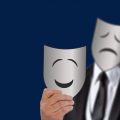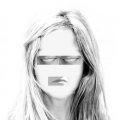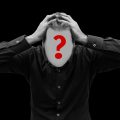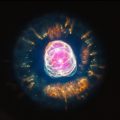Medications in order to treat bipolar disorder includes antidepressants, however there are times that this very treatment to reduce depression could backfire and can trigger manic episodes for some people. That’s why mental health doctors are careful in prescribing antidepressants especially to patients who already had manic episodes, because a depressive mood can become a manic episode if antidepressant drugs are taken.
Anti-manic drugs are then prescribed for these kinds of patients in order to prevent manic episodes; this drug creates sort of a baseline that could partially protect the person from medication – triggered mania caused by antidepressants.
Medications such as appetite suppressants can produce a feeling of highness which resembles that of a manic episode. Such suppressants could trigger high activity levels, abnormal sleep patterns and make the person very talkative or aggressive. Although when the patient stopped taking it, they can return to a normal mood.
Here are some substances than could resemble a manic – like episode:
- Dangerous drugs such as ecstasy, amphetamine, cocaine, and other so-called designer drugs.
- Excessive amounts or dosage of over – the – counter drugs such as appetite suppressants and cold preparations or tranquilizers.
- Thyroid meds or non-psychiatric medications such as corticosteroids or prednisone.
- Too much caffeine intake
Various factors such as stress, frequent alcohol or dangerous drugs intake, and sleep deprivation may trigger bipolar episodes especially for people who have a history or have the genes of the condition. Certain medication – triggered mania could also be one of the factors that activate the manic or depressive episodes, that’s why it’s important to always notify your doctor or psychiatrist about the conditions you’ve had in the past or your medical history so that your doctor can avoid prescribing you certain medications and prevent unwanted manic episodes.






 I love to write medical education books. My books are written for everyone in an easy to read and understandable style.
I love to write medical education books. My books are written for everyone in an easy to read and understandable style.